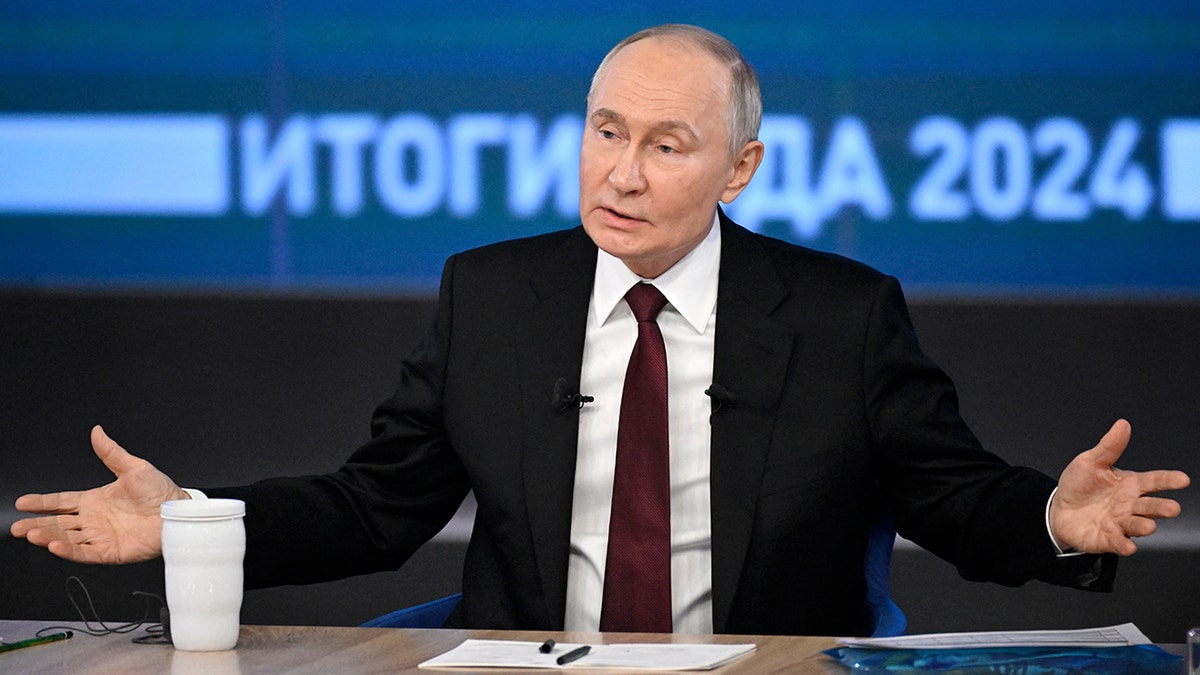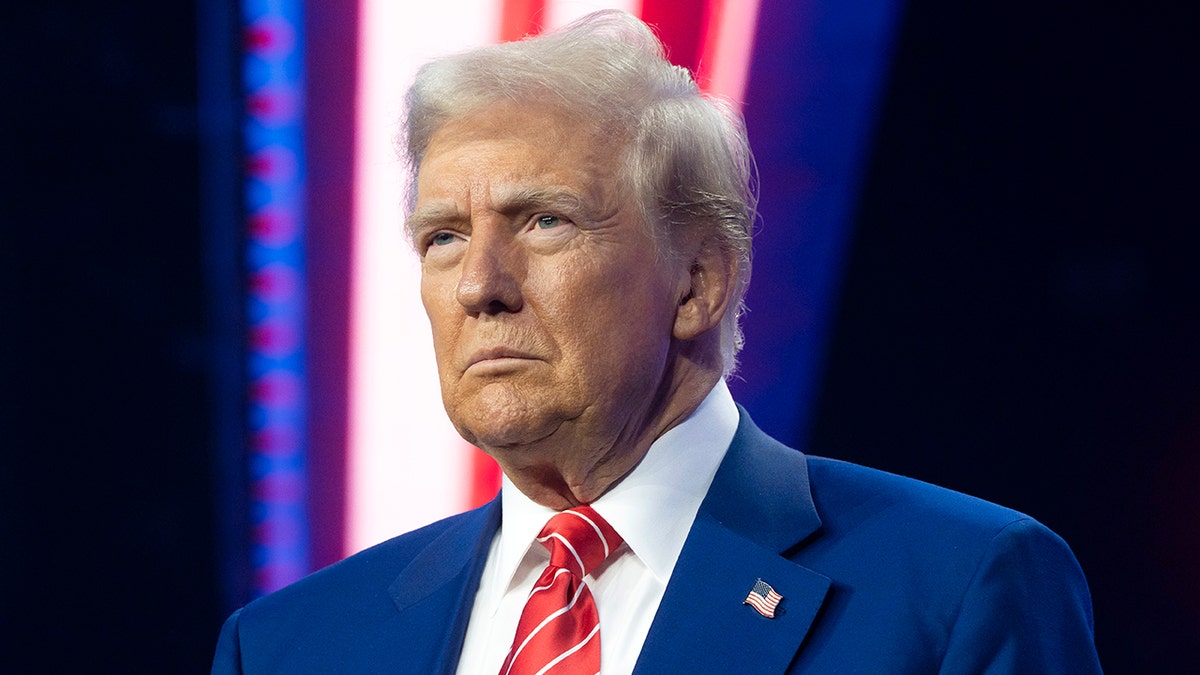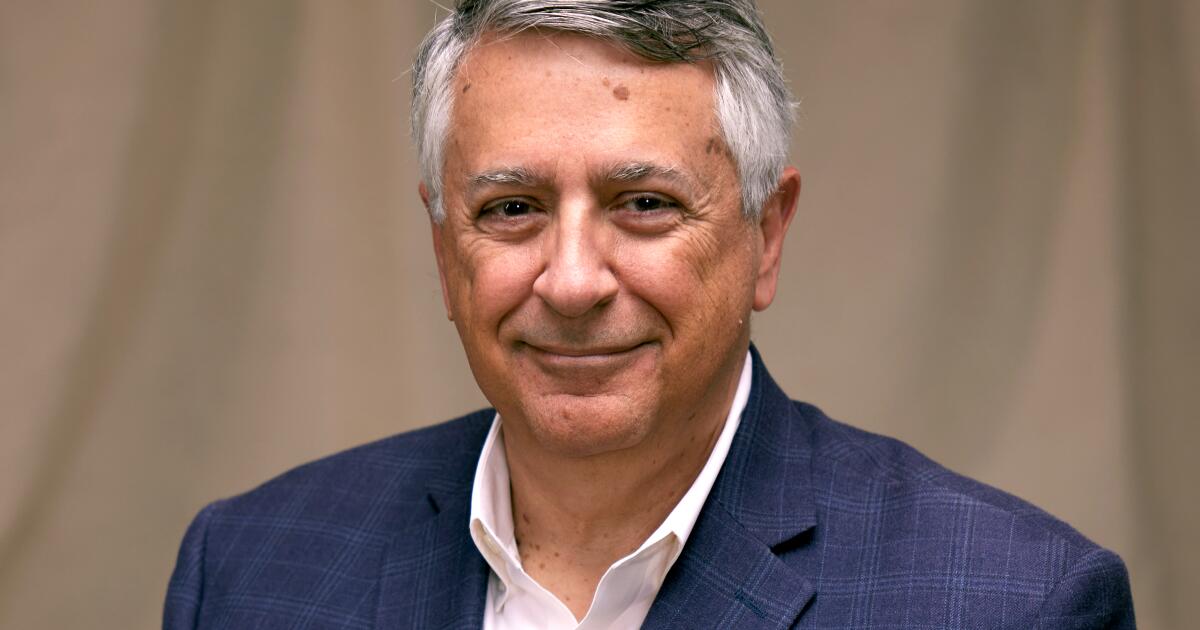World
Over 1,000 Afghan civilians killed since Taliban takeover: UN

UNAMA report says there have been 3,774 civilian casualties, including 1,095 civilian deaths in violence since August 2021.
The United Nations says it has recorded a significant number of civilians killed and wounded in attacks in Afghanistan since the Taliban takeover – despite a stark reduction in casualties compared with previous years of war and armed conflicts.
In a report released on Tuesday, the UN’s mission to Afghanistan (UNAMA) said 1,095 civilians were killed and 2,679 wounded between August 15, 2021, and May this year.
The majority of deaths – just over 700 – were caused by improvised explosive devices, including suicide bombings in public places such as mosques, education centres and markets.
Though armed fighting has fallen dramatically since the Taliban took over as the NATO-backed military collapsed, security challenges remain, particularly from ISIL (ISIS), the UN report said.
The Taliban was responsible for the majority of attacks, according to the UNAMA, which also noted that the deadliness of attacks had escalated despite fewer violent incidents.
“UNAMA’s figures highlight not only the ongoing civilian harm resulting from such attacks, but an increase in the lethality of suicide attacks since 15 August 2021, with a smaller number of attacks causing a greater number of civilian casualties,” said the report.
More than 1,700 casualties, including injuries, were attributed to explosive attacks claimed by ISIL, according to UNAMA.
The ruling Taliban says it is focused on securing the country and has carried out several raids against ISIL cells in recent months.
In response to the UN report, the Taliban-run foreign ministry said Afghanistan had faced security challenges during the war for decades before its government, known as the Islamic Emirate of Afghanistan, took over and the situation had improved.
“Security forces of the Islamic Emirate oblige themselves to ensure security of the citizens and take timely action on uprooting the safe havens of the terrorists,” it said.
The UN report also noted that the attacks were carried out amid a nationwide financial and economic crisis.
With a sharp drop in donor funding since the takeover, Afghans are struggling to get access to “medical, financial and psychosocial support” under the current Taliban-led government, the report said.
Despite initial promises in 2021 of a more moderate administration, the Taliban enforced harsh rules after seizing the country. It banned girls’ education after the sixth grade and barred Afghan women from public life and most work, including for non-governmental organisations and the UN.
The measures harked back to the previous Taliban rule of Afghanistan in the late 1990s, when it also imposed its strict interpretation of Islamic laws.
The Taliban administration has not been officially recognised by the UN and the international community.

World
2024: Top 10 defining moments in the European Parliament

From crucial votes on nature and migration, to powerful speeches and hard debates: the year saw drama and upheaval in the Eurochamber
2024 was a year of change for the European Parliament, shaken up by the elections in July.
Beyond the vote, which significantly modified its composition and balance of powers, here are some moments to remember from this year.
1. Farmers’ protests reach Parliament
The beginning of 2025 was marked by massive protests of farmers across Europe, from Germany and France to Poland and Spain.
Among their targets were the EU’s commercial deal with Mercosur countries – at that time negotiations were still ongoing – and some European environmental policies affecting the agrifood sector.
On 1 February, a thousand farmers from several countries arrived in Brussels. After a night procession on their tractors, they occupied the square in front of the European Parliament for an entire day, burning hay, spreading manure and damaging the square.
2. ‘Stop being boring to defeat Putin’
One of the most powerful and evocative interventions in the European Parliament was Yulia Navalnaya’s in February. She took the floor in the hemicycle in Strasbourg days after her husband, Alexei Navalny, died under suspicious circumstances while imprisoned in Russia.
Navalnaya paid tribute to the opposition leader’s courage and attacked Russia’s president Vladimir Putin, receiving a general standing ovation from MEPs.
“If you really want to defeat Putin, you have to become an innovator. You have to stop being boring,” Navalnaya told MEPs.
“You cannot defeat him by thinking he is a man of principle who has morals and rules. He is not like that. And Alexei realised that a long time ago. You are not dealing with a politician but with a bloody monster.”
3. The final battle on Nature Restoration Law
The Nature Restoration Law, a proposal to gradually rehabilitate the EU’s land and sea areas degraded by climate change and human activity was one of the most contentious issues in the European Parliament in the final part of the legislature.
European People’s Party (EPP) began a full-throttle campaign to bring down the law, arguing it would imperil food production, increase retail prices and devastate the traditional livelihoods of farmers.
EPP talking points were backed by right-wing forces, but fully contested by progressive MEPs, environmental organisations, legal scholars and even multinationals, who said restoring nature was indispensable to maintain a prosperous economy and sustainable supply chains.
The EPP even pressed on with a controversial social media push, going as far as claiming the legislation would turn the city of Rovaniemi, where Santa Claus lives, into a forest.
In February, the Parliament eventually approved a watered-down version of the law with 329 votes in favour and 275 against. It entails the restoration of at least 20% of the EU’s land and sea areas by 2030, and of all ecosystems in need by 2050.
4. The long-sought vote on the major migration policy reform
In April 2024, the European Parliament approved the wide-reaching reform of the European Union’s migration and asylum policy almost four years after the European Commission had proposed it.
The “Pact on migration and asylum” was supported by the three major Parliament groups: European People’s Party (EPP), Socialists and Democrats (S&D), and Renew Europe, albeit with some dissidents.
The right-wing parties, the Greens/EFA and the Left group voted against. The latter even protested outside Parliament before the vote, staging a “funeral for the right to asylum” that it claimed the new rules would usher in.
New rules foresee a solidarity mechanism to share the burdens of welcoming asylum seekers, through a redistribution among the member states which can be replaced with financial contributions. But they also entail stricter border controls and faster procedures for examining asylum requests and carrying out the repatriation of migrants. The Pact will be fully in force from mid-2026.
5. The Parliament backs abortion as an EU fundamental right
Even symbolic votes could cause hard clashes in the European Parliament. In April, the Chamber approved a resolution to include the right to abortion in the Charter of Fundamental Rights of the European Union.
As the topic is very divisive, the Parliament split. The resolution was approved with 336 votes in favour, 163 against, and 39 abstentions. The right-wing groups Identity and Democracy and European Conservatives and Reformists voted against, as did the majority of the centre-right conservative European People’s Party, the largest group of the Parliament.
However, the vote did not have a binding effect. The Charter of Fundamental Rights of the EU requires the unanimous agreement of all member states to be changed. The rules for terminating pregnancy also fall within health legislation, which is the exclusive competence of EU countries.
6. The final rush before the European elections
Members of the European Parliament often run to the last available moment to approve important pieces of legislation. In its last session before the elections, the EP held 89 votes on legislative files, plus seven non-legislative resolutions, marking a record for the entire legislature.
Among them, there were the right-to-repair directive, a regulation to prohibit products made with forced labour on the Union market, new rules for digital platform workers, a bill on packaging reduction, and the first-ever European law against gender-based violence.
7. The ‘Venezuela majority’ in Europe
After the vote, the new European Parliament soon revealed its changed balance of powers, even if in a mostly symbolic vote. In September, the Strasbourg hemicycle voted to recognise Venezuela’s exiled presidential candidate Edmundo González Urrutia as the “legitimate and democratically elected president”.
The resolution, which carried no legal weight, was backed by the centre-right European People’s Party (EPP), the right-wing nationalist European Conservatives and Reformists (ECR) and the newly formed far-right Patriots for Europe, marking the first time in the new legislature that mainstream conservatives joined ranks with the more right-wing groups.
This alliance was renamed the “Venezuela majority”, following the subject of the vote, and resurfaced during the decision to award González and Venezuela’s opposition leader María Corina Machado the Parliament’s Sakharov Prize for Freedom of Thought.
8. Von der Leyen vs Orbán: showdown in the Parliament
The first October plenary session saw a fiery debate pitching European Commission President Ursula von der Leyen against Hungary’s prime minister Viktor Orbán, who took the stage in the European Parliament a few months after a controversial visit to Moscow made while Hungary occupied the rotating presidency of the Council of the EU.
The war in Ukraine was one of the bones of contention, with the Hungarian leader claiming that the EU had adopted a mistaken policy on the war and the Commission president launching a personal attack on him without mentioning his name: “There are still some who blame this war not on the invader but on the invaded.”
9. The unpopular approval of the European Commission
At the end of November, the European Parliament definitively approved the College of Commissioners led by Ursula von der Leyen. But while the vote on the Commission’s President herself in July was a success for von der Leyen, she could barely celebrate the approval of the College.
In November, only 370 MEPs voted in favour, representing 54% of all votes cast and 51% of the total number of members, 719.
Several defections came from among the centre-right European People’s Party, the centre-left Socialists and Democrats and the liberal Renew Europe, lowering support for the Commission, which was “saved” by the votes of part of the European Conservatives and Reformists and the Greens/EFA group.
Indeed, for one reason or another, only one in two lawmakers has endorsed the new College of Commissioners.
10. Weirdness and oddities in the Eurochamber
2024 also witnessed some surreal moments during the debates in the Parliament: a dog barking in the hemicycle, an Irish MEP insulting an Italian football club, and a Slovak MEP releasing a dove as a gesture of peace.
World
Beyoncé NFL Halftime Show Will Be Available to Rewatch on Netflix as a Stand-Alone Special

UPDATE, 12/25, 4:30 p.m. PT: Netflix said it will provide on-demand access to the full halftime performance of “Beyoncé Bowl” as a stand-alone special “later this week.” The 20-minute spectacle — her first live TV performance in four years — featured Post Malone, Shaboozey and her daughter Blue Ivy Carter to debut tracks from “Cowboy Carter” for the first time in a live setting.
EARLIER:
Beyoncé will light up the Houston night on Christmas with a halftime performance during the Ravens-Texans game on Netflix. To watch it, you’ll have to tune in live on Dec. 25 — otherwise, you’ll have only a few hours to catch the replay on Netflix.
Queen Bey’s Xmas performance will feature her first live performances of songs from “Cowboy Carter.” She’ll take the stage in her hometown during halftime of the Baltimore Ravens-Houston Texans matchup at NRG Stadium in Houston.
Netflix, as part of its accelerating push into live sports, snagged global rights to the NFL’s two Christmas Day 2024 games: the Kansas City Chiefs at the Pittsburgh Steelers (starting at 1 p.m. ET), followed by the Ravens-Texans game (4:30 p.m. ET).
Under Netflix’s agreement with the NFL, in the U.S., the two Christmas games expire three hours after the livestream ends (meaning Beyoncé’s performance and the Ravens-Texans game will no longer be available to rewatch on Netflix as of around 11 p.m. ET). Outside the U.S., the games expire on Netflix 24 hours after the livestream ends. The NFL livestreams will include ad breaks, even for Netflix subscribers on no-ads plans.
Few details are available for Beyoncé’s Christmas halftime show, but according to Netflix she is expected to bring along some “special guests” who are featured on “Cowboy Carter.” She’s a veteran of two Super Bowls: Beyoncé was the halftime performer for the 2013 game in New Orleans, which featured a Destiny’s Child reunion; and in 2016, she sang “Formation” when Coldplay was the headliner act.
On Christmas Day, Netflix’s pregame coverage will kick off at 11 a.m. ET, from NFL Network’s studios in L.A. and Acrisure Stadium in Pittsburgh. The streamer has tapped Mariah Carey to deliver a recorded performance of her record-breaking holiday hit “All I Want for Christmas Is You” before both of the day’s two games.
If you missed the window for Netflix’s NFL livestreams, you still have the chance to catch the reruns. As it stands right now, NFL Network is scheduled to re-air Ravens-Texans on Wednesday, Dec. 25, at 11:30 p.m. ET and Thursday, Dec. 26, at 5 a.m. ET. The channel will re-air Chiefs-Steelers on Dec. 25 at 8:30 p.m. ET and Dec. 26 at 2 a.m. ET. There is the possibility for additional re-airs but portions of the NFL Network’s programming schedule are still being determined. In addition, replays of both games will be available with NFL+ Premium ($14.99/month) in the U.S. and via DAZN internationally.
Note also that the two Netflix Christmas Day games will air on broadcast TV in the competing teams’ local markets and will be available live on U.S. mobile devices with an NFL+ subscription.
World
Zelenskyy lambastes Putin over Christmas strikes: 'What could be more inhumane?'

Ukrainian President Volodymyr Zelenskyy excoriated Russian President Vladimir Putin on Wednesday for launching attacks against energy infrastructure on Christmas Day.
Zelenskyy suggested the attacks were “inhumane,” but said they would not ruin Christmas.
“Today, Putin deliberately chose Christmas for an attack. What could be more inhumane? Over 70 missiles, including ballistic ones, and more than a hundred attack drones. The targets are our energy infrastructure. They continue to fight for a blackout in Ukraine,” he declared in a post on X.
The Russian Defence Ministry acknowledged a “massive strike” on its part, saying it hit energy facilities that supported Ukraine’s “military-industrial complex,” Reuters reported.
“The aim of the strike was achieved. All facilities have been hit,” the ministry said.
RUSSIA BATTERS UKRAINE POWER GRID AMID RISING CONCERN PUTIN COULD ORDER BALLISTIC MISSILE ATTACK THIS WEEKEND
Ukrainian President Volodymyr Zelenskyy talks with the media during the European Council Meeting in Brussels on Thursday. (Pier Marco Tacca/Getty Images)
Strikes against Ukrainian fuel and energy sources involved 78 air, ground and sea-launched missiles, in addition to 106 Shaheds and other kinds of drones, Ukraine’s air force claimed, according to The Associated Press.
“Unfortunately, there have been hits. As of now, there are power outages in several regions. Power engineers are working to restore power supply as soon as possible,” Zelenskyy noted.
Still, the Ukrainian leader declared that “Russian evil will not break Ukraine and will not spoil Christmas.”
US CITIZEN IMPRISONED IN RUSSIA GIVEN NEW 15-YEAR SENTENCE IN WAKE OF ESPIONAGE CONVICTION

Russian President Vladimir Putin holds his annual end-of-year press conference in Moscow on Thursday. (Alexander Nemenov/AFP via Getty Images)
The U.S. has provided billions of dollars’ worth of aid to help Ukraine fight the Russian onslaught that erupted in 2022, but Americans and their congressional representatives have been divided regarding whether the U.S. should continue supplying aid to Ukraine.
President-elect Trump, who will take office on Jan. 20, has called for a cease-fire and negotiations.
TRUMP MEETS WITH MACRON, ZELENSKYY AHEAD OF NOTRE DAME REOPENING CEREMONY IN PARIS

President-elect Trump looks on during Turning Point USA’s AmericaFest at the Phoenix Convention Center in Phoenix on Sunday. (Rebecca Noble/Getty Images)
CLICK TO GET THE FOX NEWS APP
In a post on Truth Social this month, Trump declared that “Zelenskyy and Ukraine would like to make a deal and stop the madness. They have ridiculously lost 400,000 soldiers, and many more civilians. There should be an immediate ceasefire and negotiations should begin.”
The Associated Press and Reuters contributed to this report.
-
/cdn.vox-cdn.com/uploads/chorus_asset/file/24924653/236780_Google_AntiTrust_Trial_Custom_Art_CVirginia__0003_1.png)
/cdn.vox-cdn.com/uploads/chorus_asset/file/24924653/236780_Google_AntiTrust_Trial_Custom_Art_CVirginia__0003_1.png) Technology5 days ago
Technology5 days agoGoogle’s counteroffer to the government trying to break it up is unbundling Android apps
-

 News6 days ago
News6 days agoNovo Nordisk shares tumble as weight-loss drug trial data disappoints
-

 Politics6 days ago
Politics6 days agoIllegal immigrant sexually abused child in the U.S. after being removed from the country five times
-

 Entertainment7 days ago
Entertainment7 days ago'It's a little holiday gift': Inside the Weeknd's free Santa Monica show for his biggest fans
-

 Lifestyle6 days ago
Lifestyle6 days agoThink you can't dance? Get up and try these tips in our comic. We dare you!
-

 Technology1 week ago
Technology1 week agoFox News AI Newsletter: OpenAI responds to Elon Musk's lawsuit
-
/cdn.vox-cdn.com/uploads/chorus_asset/file/25672934/Metaphor_Key_Art_Horizontal.png)
/cdn.vox-cdn.com/uploads/chorus_asset/file/25672934/Metaphor_Key_Art_Horizontal.png) Technology2 days ago
Technology2 days agoThere’s a reason Metaphor: ReFantanzio’s battle music sounds as cool as it does
-

 News3 days ago
News3 days agoFrance’s new premier selects Eric Lombard as finance minister


















